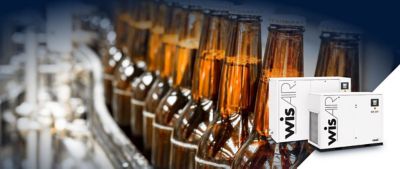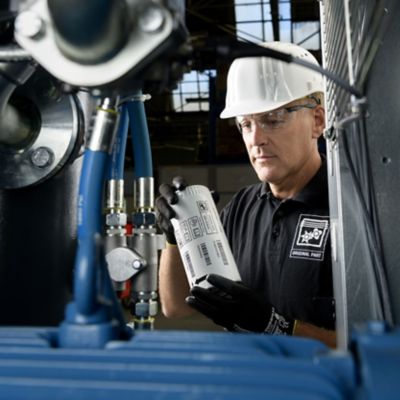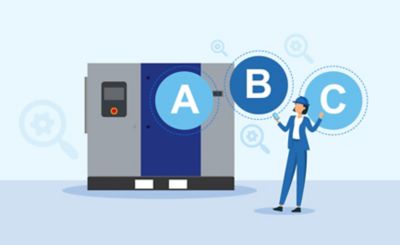Compressor Insights: From Basics to Advanced Applications
Welcome to our dedicated compressor and compressed air blog, where we delve into the intricate world of air compression technology. Here, you'll find a wealth of information ranging from the fundamental principles of compressed air to the latest advancements in compressor technology. Whether you're new to the field or a seasoned professional, our blog serves as a comprehensive resource for understanding how compressors work, their various applications, and tips for optimizing your compressed air system.
Our posts cover various topics, including maintenance best practices, energy efficiency strategies, and innovative solutions for common challenges. Explore in-depth articles on the benefits of different compressor types, such as piston, screw, and oil-free compressors, and learn how to select the right compressor for your specific needs. Stay informed with our expert insights and enhance your knowledge to improve your operations and achieve greater efficiency and reliability in your compressed air systems.
Looking for a specific topic?
- Learn on how-to-do with compressed air
- Understanding compressed air





























